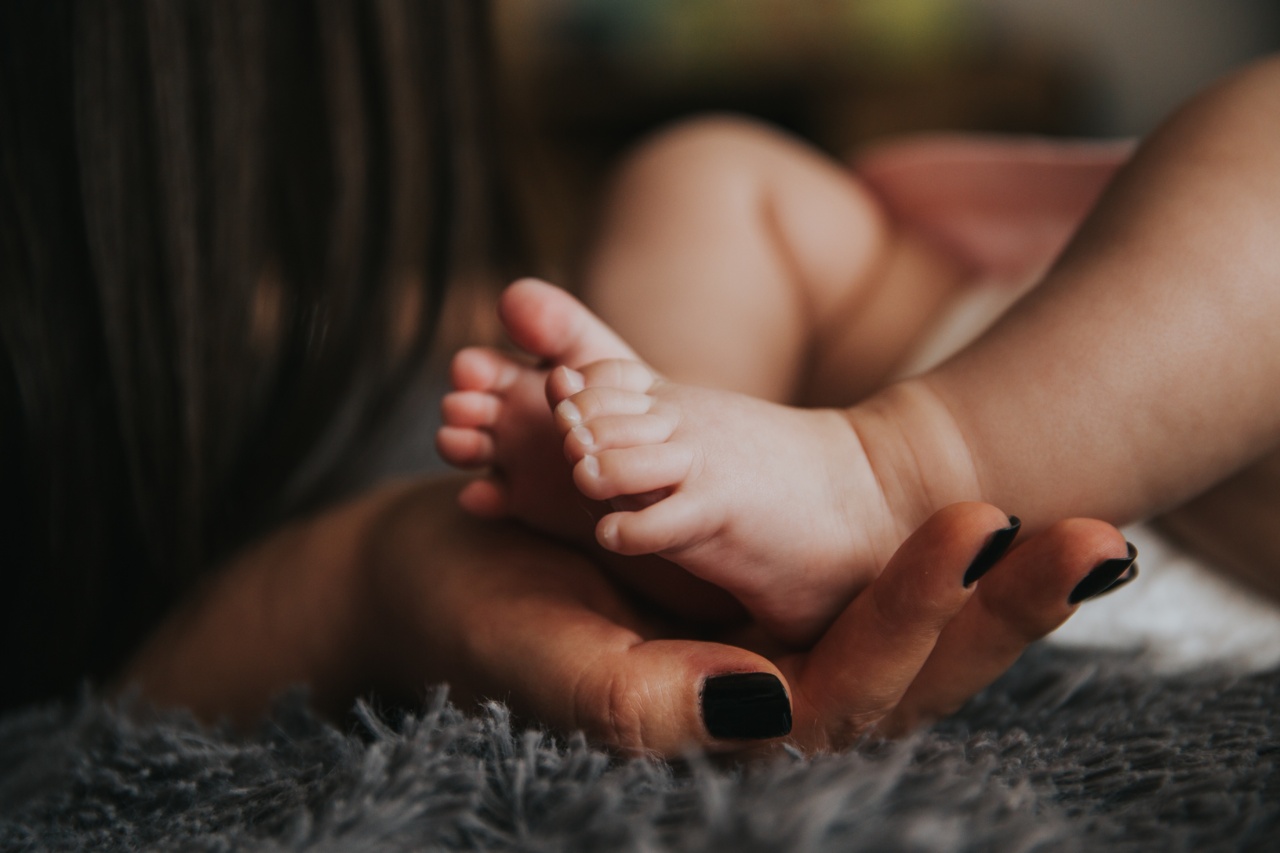Bone density refers to the amount of mineral matter per square centimeter of bone tissue. It is an important measure of bone strength and can be an indicator of a woman’s risk for osteoporosis.
Osteoporosis is a condition characterized by weak and fragile bones that can easily break. Women are more likely to develop osteoporosis than men, particularly after menopause when estrogen levels decline.
What Is Women’s Social Life?
Women’s social life includes all of the activities and interactions that they engage in within their social circles. This can range from intimate relationships with partners to larger social groups such as family and friends.
Women’s social life plays an important role in their overall well-being and can impact their physical and mental health. Social support and social activities have been shown to improve quality of life and promote a healthy lifestyle.
What Is the Relationship Between Women’s Social Life and Bone Density?
Studies have shown a positive relationship between women’s social life and bone density. The more socially active a woman is, the higher her bone density tends to be. This may be due to a number of factors.
Social Support
Social support is an important component of women’s social life. Having a strong support system has been linked to better health outcomes, including higher bone density.
Women who have close relationships with family and friends may be more likely to engage in healthy behaviors such as exercise and a nutritious diet, which can help to prevent bone loss.
Physical Activity
Physical activity is another important factor that can impact bone density. Women who engage in regular physical activity, such as weight-bearing exercise, tend to have higher bone density than those who are sedentary.
Participating in social activities that involve physical activity, such as dancing or hiking, can motivate women to engage in exercise and help to maintain bone density.
Diet and Nutrition
A healthy diet that includes calcium and vitamin D is essential for maintaining bone density.
Women who have social connections with others who value nutrition may be more likely to eat a balanced diet and consume adequate amounts of calcium and vitamin D.
Stress Reduction
Chronic stress has been linked to bone loss. Social connections can serve as a buffer against stress, reducing levels of cortisol, a hormone that can contribute to bone loss.
Women who have strong social connections may be less likely to experience chronic stress and its negative impact on bone density.
The Importance of Women’s Social Life for Bone Density and Overall Health
Women’s social life can play an important role in maintaining bone density and preventing osteoporosis. Social support, physical activity, diet and nutrition, and stress reduction are all important factors that can impact bone density.
Women who are socially active may be more likely to engage in healthy behaviors and maintain a balanced lifestyle.
Conclusion
Women’s social life can impact their bone density and overall health. Engaging in social activities, maintaining strong social connections, and engaging in healthy behaviors are essential for maintaining bone density and preventing osteoporosis.
By focusing on social connections and healthy behaviors, women can take a proactive approach to their bone health and overall well-being.































